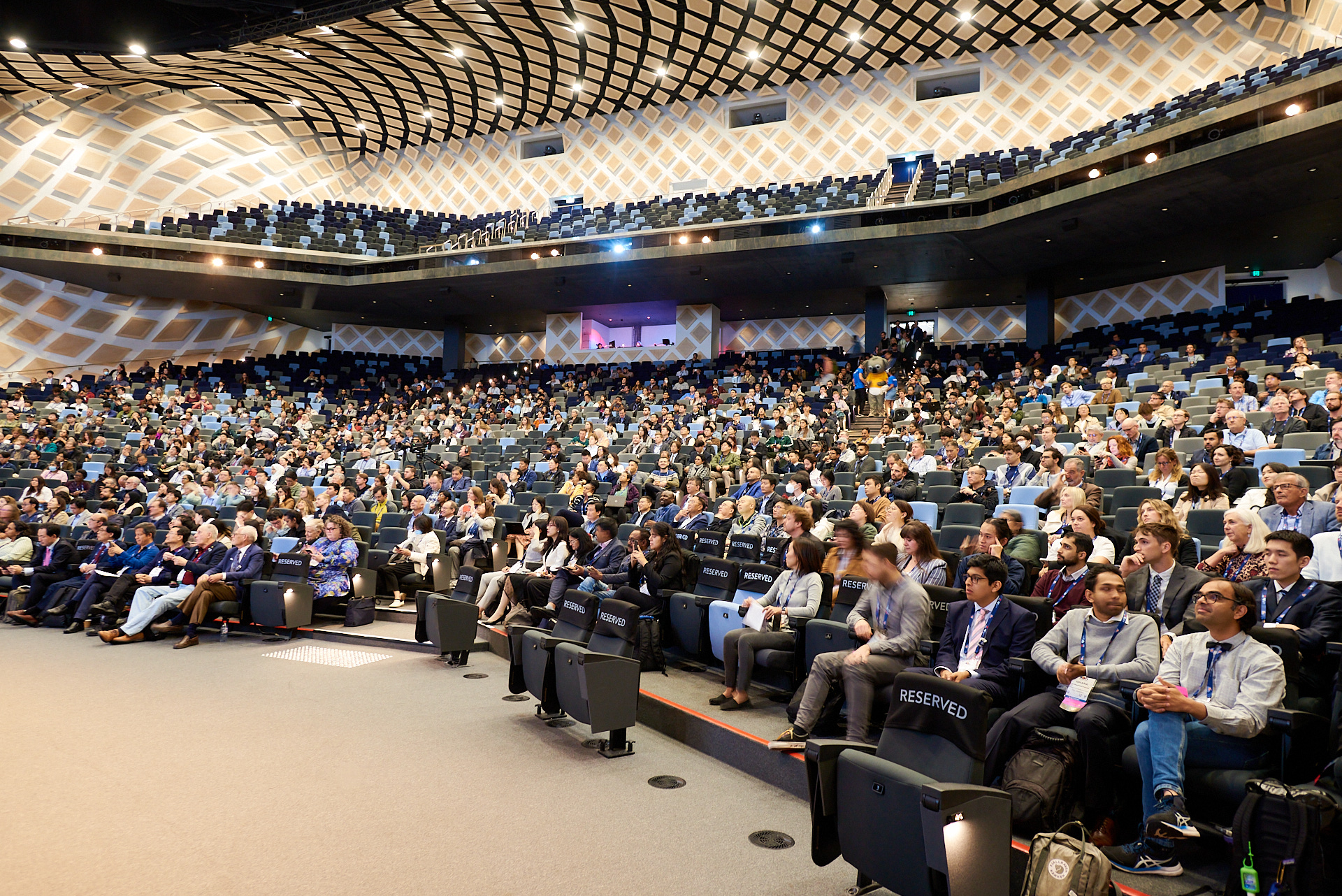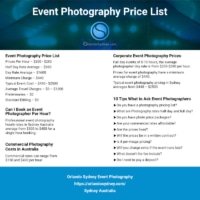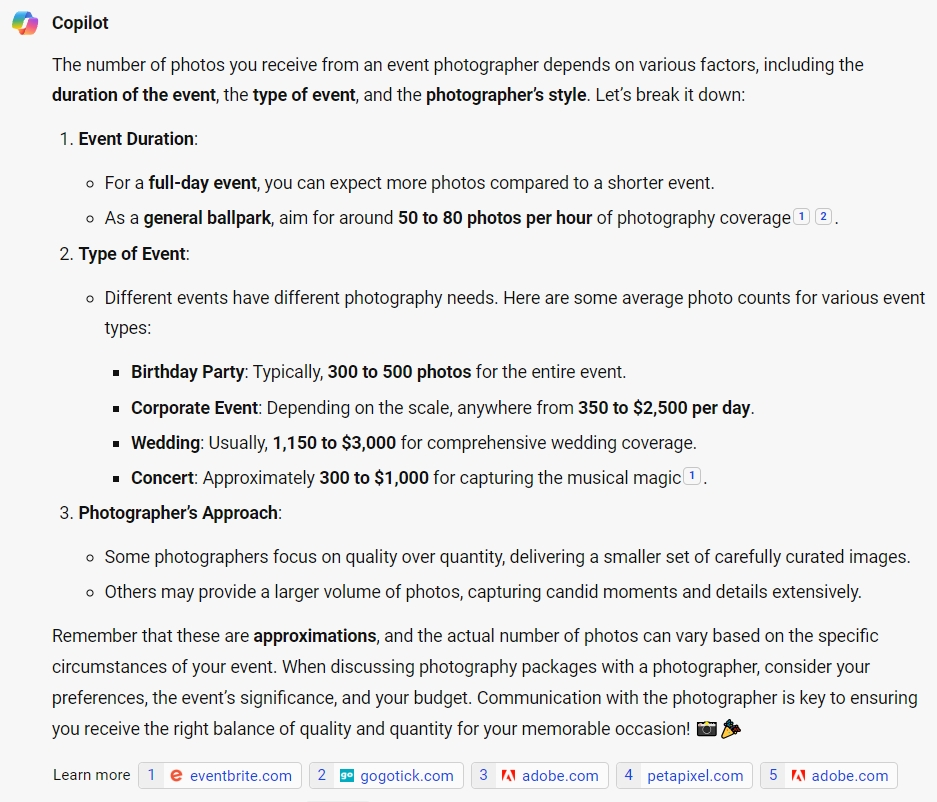What is a Business Conference?
Discover the Importance and Purpose of Business Conferences
By Orlando Sydney Post Modified April 26, 2024 @ 6:54 pm Last Updated on 7 months by https://orlandosydney.com/
Meetings to Share Expert Knowledge
We’ve photographed hundreds of Business conferences, so we know they hold immense importance for individuals and businesses. They serve as knowledge sharing hubs where attendees can learn from industry experts, gain insights into market trends, and discover innovative new practices.
In short, Conferences provide a platform for entrepreneurs and industry experts to showcase their products or services, fostering business growth and expansion opportunities.
What do we mean by Business Conference?
A business conference is a gathering of professionals, entrepreneurs, experts, and enthusiasts from a particular industry or field who come together to exchange ideas, knowledge, and insights related to their business domain.
These corporate events are for the purpose of facilitating learning, networking, and collaboration among like-minded individuals and organizations.
Business conferences can be vital platforms for personal and professional growth, offering opportunities to connect with potential clients, LinkedIn Connections partners, and possibly mentors.

Conference at Darling Harbour Theatre, Interior Photo. ICC Sydney. 2500 seated capacity
Are there Differences Between a Business Conference and a Business Convention?
Yes, there are some key differences between a Business Conference and a Business Convention.
- Purpose: A business conference is typically focused on education and information sharing, while a business convention is more focused on networking and advocacy.
- Audience: A business conference is typically attended by professionals in a specific industry, while a business convention may be open to a wider range of people, including consumers, members of the general public, and government officials.
- Format: A business conference typically features a series of presentations and workshops, while a business convention may also include exhibits, trade shows, and social events.
- Duration: A business conference is typically shorter in duration than a business convention, lasting for a few days or a week.
This Table below summarises the key differences between business conferences and business conventions.
| Feature | Business Conference | Business Convention |
|---|---|---|
| Purpose | Education and information sharing | Networking and advocacy |
| Audience | Professionals in a specific industry | Wider range of people, including consumers, members of the general public, and government officials |
| Format | Series of presentations and workshops | Exhibits, trade shows, and social events |
| Duration | Shorter in duration | Longer in duration |
































